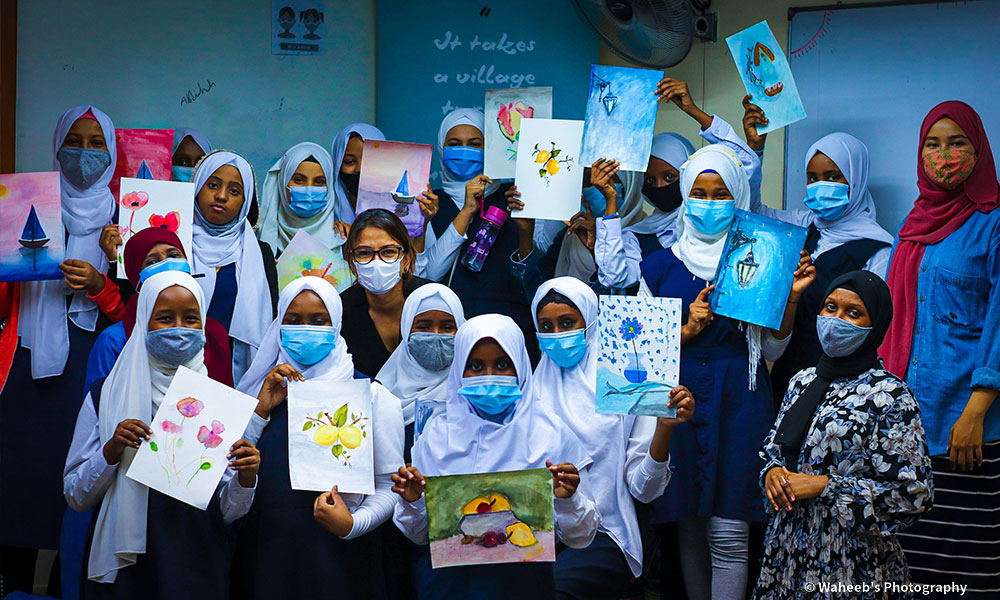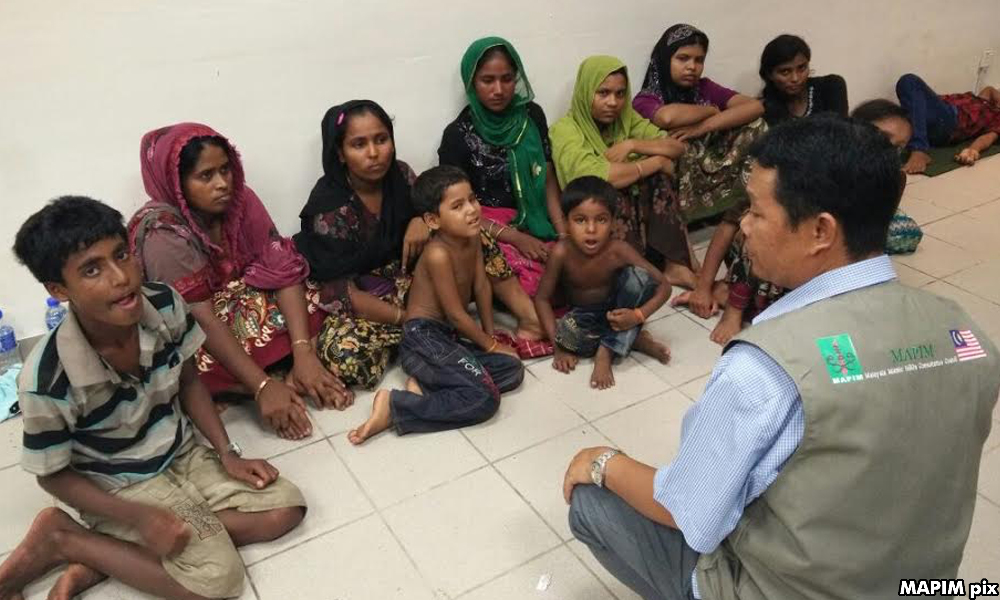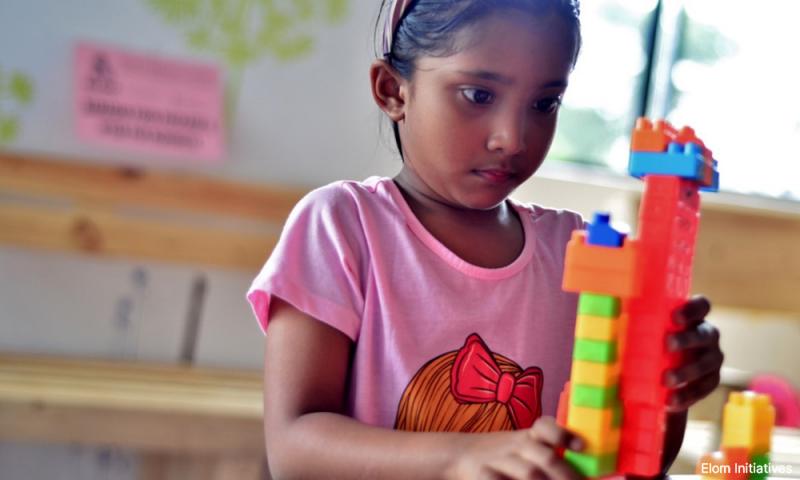LETTER | Please help support education of refugee children
LETTER | As a representative of Health Equity Initiatives (HEI), I am writing to urge Malaysia to support education for refugee children in the country.
HEI is a Malaysian NGO that provides mental health and public health interventions to refugees and asylum seekers. Our recent two-year training on social and emotional during the Covid-19 pandemic for refugee teachers at a refugee learning centre highlighted not just the challenges they experience, but their immense potential to enrich and contribute vibrantly to the growth of the country.
Refugee learning centres in Malaysia are the cumulative result of a community's hope and aspirations in an environment where there seems to be none. Refugee children are not allowed to join public schools and cannot afford private education.
The learning centres that are set up by the community as a result of this are neither recognised nor supported by the Education Ministry. Yet despite being poorly resourced, these alternative learning centres are the only beacon of hope for refugee parents who aspire for their children to complete their education and have a bright and fruitful future ahead.
Yet, even though some of the students complete their O and A levels with flying colours, policy and legal barriers impeded their access to tertiary education, resulting in them dropping out to join the informal market labour force.

Before the pandemic, our partner school had more than one class running concurrently in a single room due to underfunding and a lack of resources, and the environment was not conducive to effective learning. They lacked resources for textbooks, teaching aids, and funds to hire trained teachers.
The Covid-19 pandemic and ensuing lockdowns only worsened their already precarious situation. Many refugee families had no means of livelihood during this time and could not contribute to the upkeep of the school.
While some students who had access to mobile phones could still take their classes, those who did not virtually disappeared. Access to technology and the internet was a challenge for the majority, with some families sharing a single mobile phone and/or connectivity. This made it difficult for those students without digital access to keep up with their classes and classmates.
Yet, in spite of these severe limitations, teachers went on to deliver online classes and engage with the students and parents outside of class to support student retention. Our partner, the Jeffrey Cheah School of Medicine and Health Sciences, Monash University, provided training to the teachers on online education including how to use tools like Kahoot.
Our partnership with the refugee learning centre showed us that these were not people "waiting for handouts" as some might imply, but rather the opposite - they were highly committed, resilient, creative, and resourceful. That the learning centre could not afford to reimburse them competently, did not deter them from providing their service to their students. They took on additional jobs to sustain themselves while other teachers offered further after-hours support to students whose parents had to work late hours.
Education is a fundamental human right and a great equaliser of social disparities. It is a predictor of good health outcomes and a flourishing society. Every child, regardless of their background or status, deserves access to education.
By providing education to refugee children, we not only ensure their well-being and development but also invest in the future of our nation. Studies have shown that integrating refugees into the education system can positively impact the economy, leading to higher levels of education and employment.

Furthermore, refugee students and teachers can bring diverse perspectives and cultural knowledge that can enrich the educational experience of all students.
The students in our partner school, too, showed leadership and drive. They were able to self-organise by sharing notes and cell phones in class and were clearly intelligent. Some students had scored straight A's in their IGCSE exams but grew despondent upon realising that because of their legal status, they had very limited avenues to further their studies.
Theirs' is not an uncommon story: According to UNHCR data, only 30 percent of all refugee children of school-going age in Malaysia are enrolled in a community learning center. The figures are initially promising (44 percent enrolment for children aged 6-13) but then it drops sharply in the 14-17-year-old age group to 16 percent. The logic behind this drop is understandable but sad it is a dead end.
We urge Malaysia to recognise the importance of supporting the education of refugee children. Refugees, like all people, are what we make of them. We can continue to treat refugees like a burden by denying their right to work and study.
Or we can treat them as potential talent and skill and benefit from their dedication to succeed while also strengthening our economy, promoting cultural diversity, and creating a more compassionate and resilient society.
ALICE TAN PEI PEI is executive director of Health Equity Initiatives.
The views expressed here are those of the author/contributor and do not necessarily represent the views of Malaysiakini.
RM12.50 / month
- Unlimited access to award-winning journalism
- Comment and share your opinions on all our articles
- Gift interesting stories to your friends
- Tax deductable
